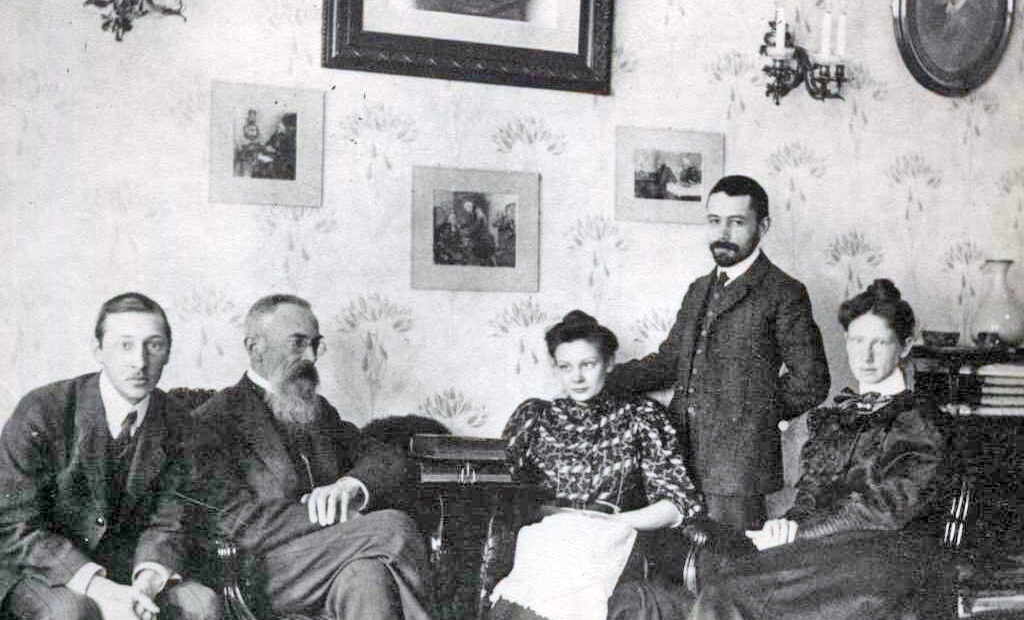
Passing The Baton: A Music Moment With Stravinsky And Rimsky-Korsakov
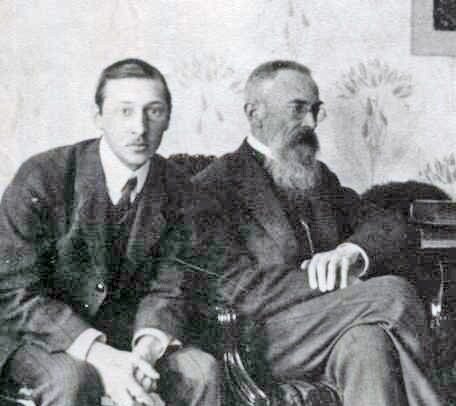
Igor Stravinsky was destined to change the face of music. Despite disapproving parents, all he needed was a little push down the right path from the right educator to help him fulfill his destiny.
Stravinsky spent his early years studying piano and writing music. As the son of an opera singer, he was exposed to many great performances and caught sight of musical heroes like Tchaikovsky. It may come as a surprise to know his parents did not want a life of music for their son, and by the time he entered university, he gave in to parental pressure and unenthusiastically studied law and philosophy in St. Petersburg.
Even while his studies led him elsewhere, Stravinsky’s love of music never faded. As fate would have it, he was studying law with the son of composer and one of the greatest music teachers in history, Nikolai Rimsky-Korsakov. Stravinsky was able to show the composer some of his early compositions and Rimsky-Korsakov knew that he needed to take Stravinsky on as a student.
While Stravinsky continued to earn his law degree at university, he spent his free time writing music and studying orchestration and composition privately with Rimsky-Korsakov. After earning his law degree in 1905, he befriended many famous composers and joined forces with Ballet Russes and its founder Sergei Diaghilev, creating one of the most influential collaborations of the early 20th century. From that, Stravinsky blossomed into one of the most iconic composers ever, shocking the world with The Rite of Spring and revolutionizing the music world.
Without Rimsky-Korsakov, we might never have gotten the Stravinsky we know and love today.
Music wouldn’t exist without teachers. At NWPB, we celebrate teachers every day through music.
Related Stories:
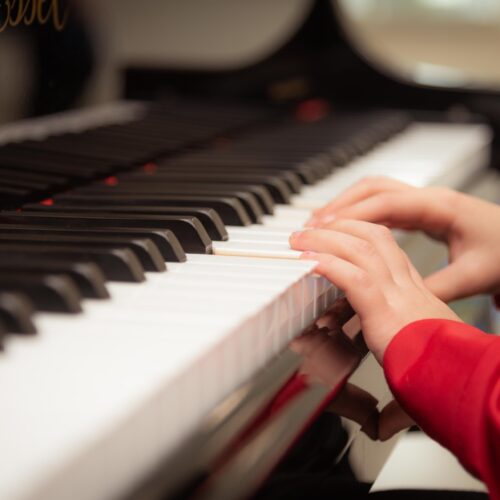
Passing the Baton: Teachers And Their Music
Freshly sharpened pencils. New spiral notebooks. Markings of a new school year and a new opportunity to fill your brain with math and English and music. Many composers led double lives as teachers, and some of the music we remember best originated in the classroom.
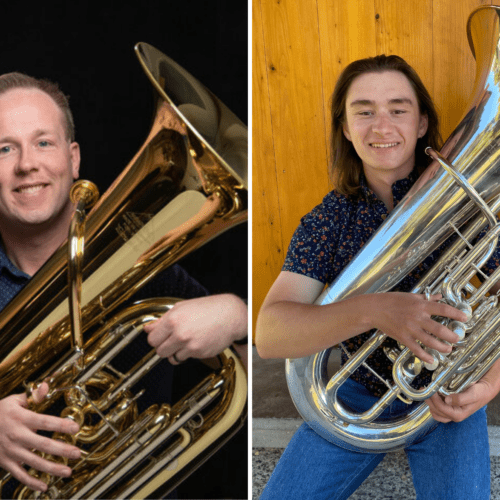
Passing The Baton: WSU Tuba Professor Dr. Chris Dickey And Student Tim Schrader
When a student becomes an award-winner, you congratulate the teacher, right? A teacher like Dr. Chris Dickey, assistant professor of tuba at WSU. His student earned this year’s first prize in European Music at the Charleston International Music Competition. The student is WSU sophomore Tim Schrader.
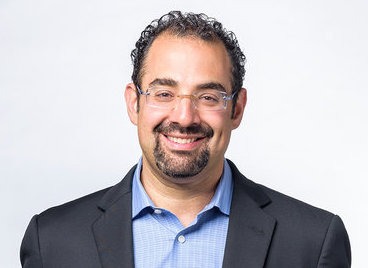
Passing the Baton: From Isbin And Hauser To Bellingham Symphony Music Director Yaniv Attar
Conducting a symphony orchestra is hard. It takes a special set of skills to bring out just the right sound from a stage full of players. Even after Bellingham Symphony’s Music Director Yaniv Attar finished his studies with legendary classical guitarist Sharon Isbin, he found that she still had a thing or two to teach him about conducting.















